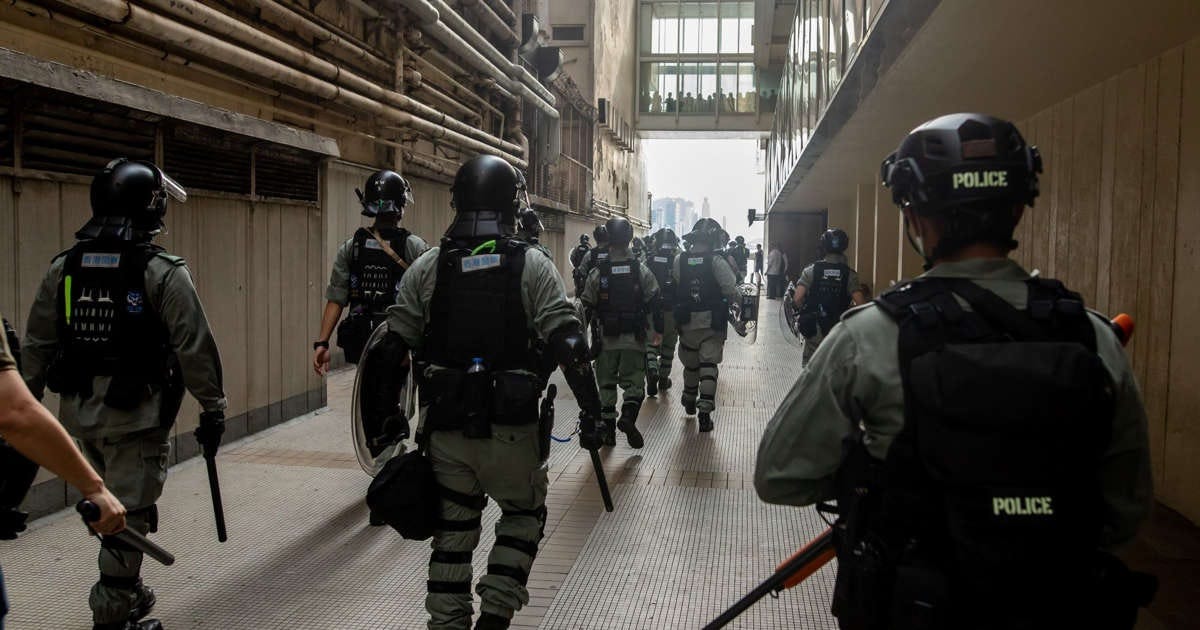Outlook Grim for Hong Kong’s Democracy Advocates
Trial dates keep receding for ill-defined ‘crimes’
The 47 pro-democracy advocates who have been in detention in Hong Kong since February 28 have been jailed for no other reason than holding an election.
That, in the doublespeak that has seized the territory since Xi Jinping sent in his Oberherren from the Liaison and Hong Kong and Macau Affairs Offices to see to democracy’s demise, constitutes subversion…
Keep reading with a 7-day free trial
Subscribe to Asia Sentinel to keep reading this post and get 7 days of free access to the full post archives.

